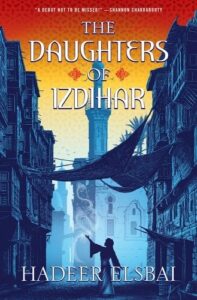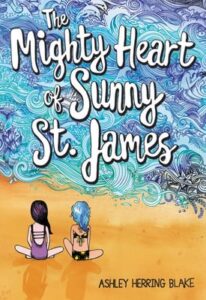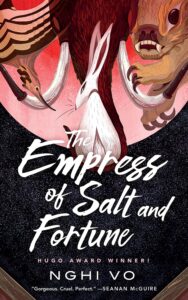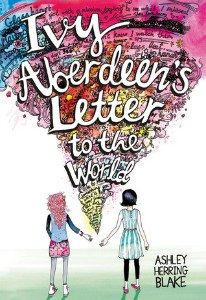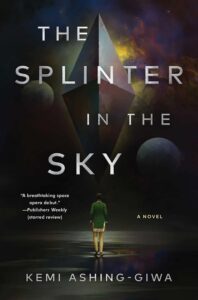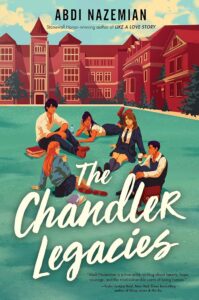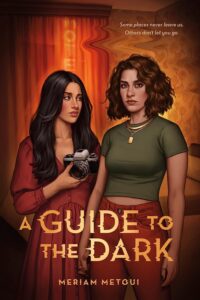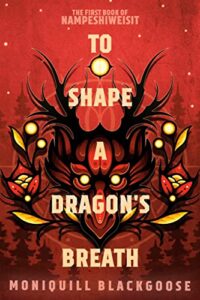Buy this from Bookshop.org to support local bookstores and the Lesbrary!
Nehal has practically everything that a woman could ask for: wealth, a prestigious name, an engagement to one of the most eligible men in Alamaxa. What she doesn’t have, though, is the right to join the Weaving Academy on her own and learn how to control her waterweaving—not without the permission of a male guardian or a husband.
Giorgina doesn’t have any privileges of the wealthy. Her impoverished family relies on her income to stay afloat, so she can’t afford to rock the boat by joining the Daughters of Izdihar too publicly in their fight for the right to vote, nor can she afford the tuition to learn how to control her earthweaving. Her heart is further broken when she learns that her love is being forced into an arranged marriage with a wealthy aristocrat named Nehal.
These two women live worlds apart, but soon they find that their fight for the right to determine their own futures will throw them together.
I’d been meaning to read this book ever since it came out about a year ago, but after a slew of sapphic fantasies I found myself putting it off. Now, at least, I get to read it with the second book already out (no spoilers, but you’re definitely going to want to have access to the second one shortly after finishing this book). I do regret taking my sweet time because this book was such a fun, fast-paced adventure.
I heard The Daughters of Izdihar described as a sapphic, Egyptian-inspired version of Avatar the Last Airbender. The similarities with Avatar the Last Airbender are obvious with magic powers tied to the elements, but I think that is where the comparisons end. Elsbair expands upon the ways in which weaving is a metaphor for how entrenched institutions impose on marginalized groups, how it’s a way to weaponize the group against itself by creating a sense of “other” framed as dangerous. In one scene, the women working to get the right to vote consider casting out the weavers in their cause in a way that echoes how women’s rights groups have continually excluded other marginalized identities for the sake of being more “acceptable” or “tolerable”. Weaving is a skill that only the privileged classes are able to afford training, an example of how money can justify outliers and reclassify people who deviate from the norm as merely eccentric rather than dangerous.
If you’re mostly looking for an adventure story, there’s plenty of that too. I was surprised at how fast-paced the book was. At times I felt like we were speeding along in scenes that I’d prefer to linger, especially as Nehal learns more about her abilities and what the Daughters of Izdihar do. It also means, though, that there’s never a dull moment. It’s also a duology, so I remain hopeful that the characters I wanted to see more from will feature prominently in the next one. It’s a wonderful debut and I’m looking forward to whatever Elsbair puts out next.
Content warnings: police brutality, homophobia, racism, misogyny

